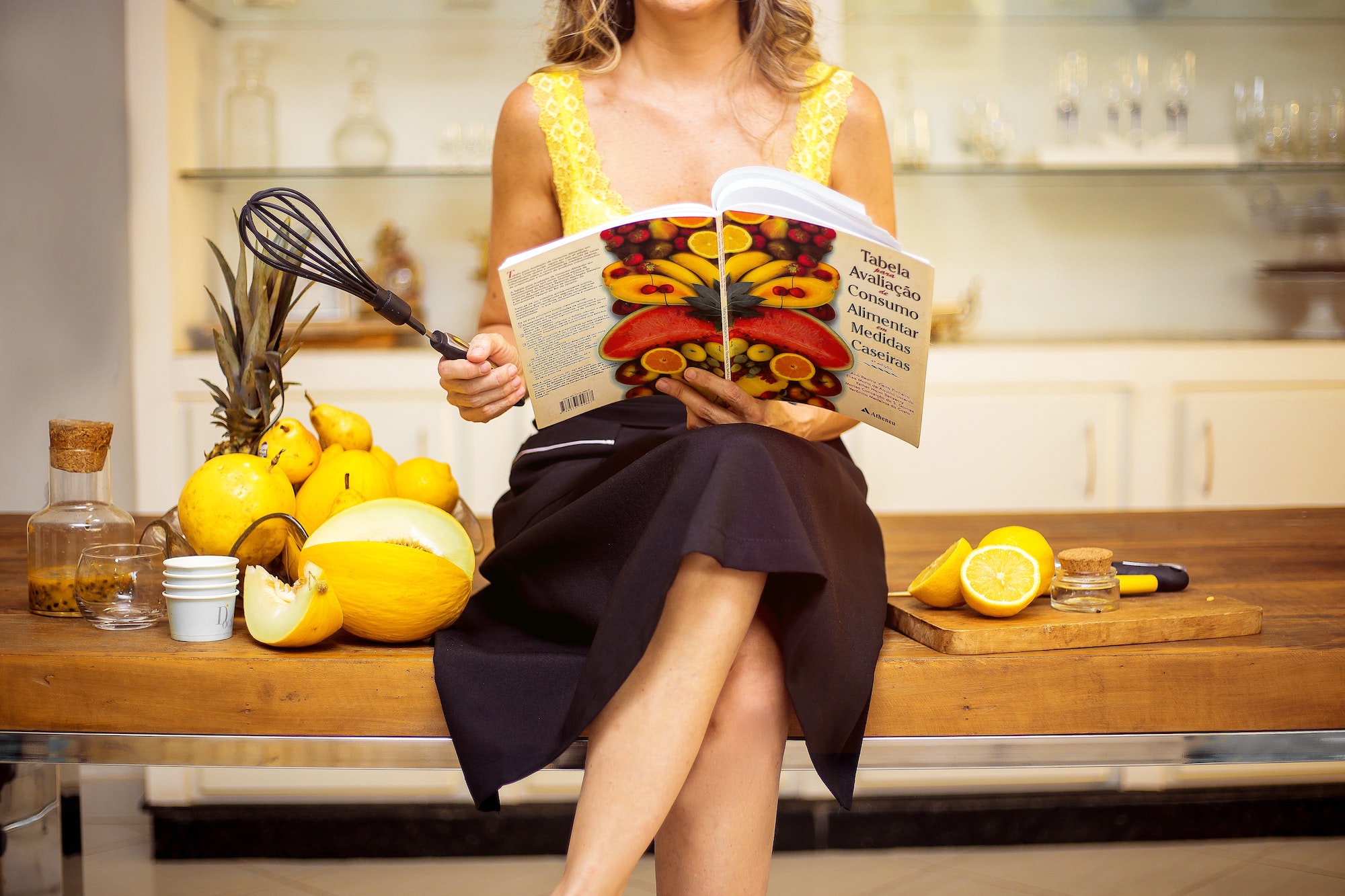After gaining fame from Netflix’s “Queer Eye” reboot, the show’s resident food expert Antoni Porowski is set to write his own cookbook. The “Queer Eye” star’s cookbook, which will be published by Houghton Mifflin Harcourt in 2019, will contain 100 personal recipes.
This announcement, however, was also met with doubt. The main reason behind the hesitation to accept this forthcoming project of Porowski is his apparent inability to cook. But what does it really take to write a cookbook today?
In its extensive history, the cookbook has always been a cultural document. Today, it has become a tool to historicize and access cultures. This is particularly true for cookbooks published by the likes of Phaidon. At the same time, cookbooks also propose new ideas like Amanda Chantal Bacon’s “Moon Juice Cookbook.”
Then, there are also those cookbooks driven by personalities. Julia Child, equipped with a diploma from Le Cordon Bleu and her television experience, wrote some of the most celebrated cookbooks in history. In her publications, Child offers valuable techniques without intimidating her reader. As sociologist Richard Sennett wrote in his book “The Craftsman,” “her story is structured around empathy for the cook; she focuses on the human protagonist.”
Today, however, a personality aspiring to be a cookbook author does not have to be a chef or a food authority. In recent memory, celebrities who aren’t exactly known for cooking like Coolio and Kris Jenner are writing their own cookbooks. Apart from their lack of credentials, celebrities have changed the way cookbooks are presented.
“By contrast [to Child], today’s culinary personalities focus not only on instruction but on selling themselves as the trademark of a lifestyle… The cooking personalities of today thus offer lessons on idealized lives, where cooking is more about a stylish identity and delicious lifestyle than hard work,” reads an article entitled “Making change in the kitchen? A study of celebrity cookbooks, culinary personas, and inequality.”
There are many good celebrity cookbooks out there, but it’s not always easy to trust a cookbook written by a celebrity. Aside from being brand extensions, many celebrities allegedly hire ghostwriters to write for them. Model Chrissy Teigen, who dabbles in food blogging, knew these pitfalls when she made her first cookbook “Cravings.”
“I didn’t want it to be a celebrity cookbook where you’re not sure if they really cook or if they just put their name on something. I wanted people to know that these are really the recipes that we love at home,” Teigen tells Eater.
While personal tidbits are expected in a cookbook’s foreword, it seems to have become imperative to annotate each page with intimate anecdotes. If the recipes are too easy to dismiss or the author does not seem credible enough, these stories provide context and are sometimes necessary to render the recipes or even the whole cookbook significant and authentic.
Cookbooks have always been personal, but these literary works have elevated into a miscellany of personal accounts, memories, and experiences—like a diary, perhaps? “When we buy cookbooks, we want something personal, rich, and exciting; something that tells a story about food and people, rather than just a manual,” reads an article from The Guardian.
In that sense, celebrity cookbooks also capture a sense of amity found at the dinner table. When you read a cookbook these days, it’s accepting a seat at the table of an intimate dinner with the author where they are not just a cook but a wide-eyed host who tells a tale for every dish on the table.
It’s Teigen telling you how Eric Ripert loved her mom’s jok moo recipe. Or it’s Anthony Bourdain talking about jiu-jitsu over acai bowl. Or maybe over a hot bowl of misua, actress Judy Ann Santos narrates how her son Lucho can’t pronounce the letter “l” thus ending up calling her version of the noodle soup misua bona-bona. Or perhaps, it’s as simple as comedienne Pokwang decorating a tocino recipe with a hugot.
When you read a cookbook these days, it’s accepting a seat at the table of an intimate dinner with the author where they are not just a cook but a wide-eyed host who tells a tale for every dish on the table.
Back to Porowski, his upcoming cookbook is expected to contain recipes “essential to any novice home cook, professional, and somewhere in between.” What will he do to avocado this time? Or will his fascination for Hanya Yanagihara’s “A Little Life” come full circle with a dish inspired by the cooking of its main character Jude? Or what stories will he tell in his cookbook?
While we’re not sure of those yet, book editor Rux Martin assures curious spectators: “His recipes are so stylish and contemporary that they pull in sophisticates, too. I was drawn to their blend of European classical approach and American accessibility.”
But the question remains, can Porowski really cook?
Porowski is a “self-taught home cook” who has always been passionate about food. “I’ve always had some kind of a restaurant job, whether it was as a sommelier or a manager or teaching staff how to talk about food at a Japanese restaurant on Bond Street in New York,” he tells Entertainment Weekly.
But if you still question his culinary ability, his cookbook may not be proof of it either. As chef and Bon Appetit columnist Brooks Headley writes, “Cookbooks are weird. Sure, they’re books. But writing one doesn’t necessarily make you a writer—or even a cook, for that matter.”
Anyone can write a cookbook. But the question now is: Should they?





